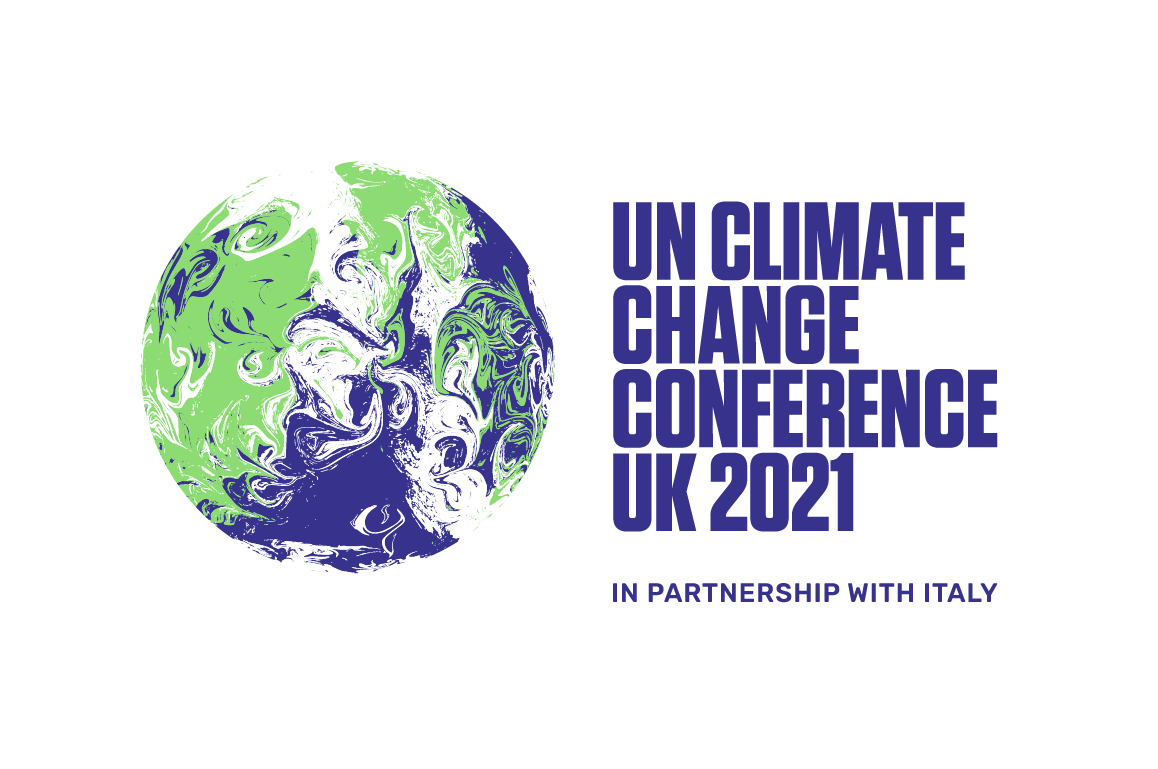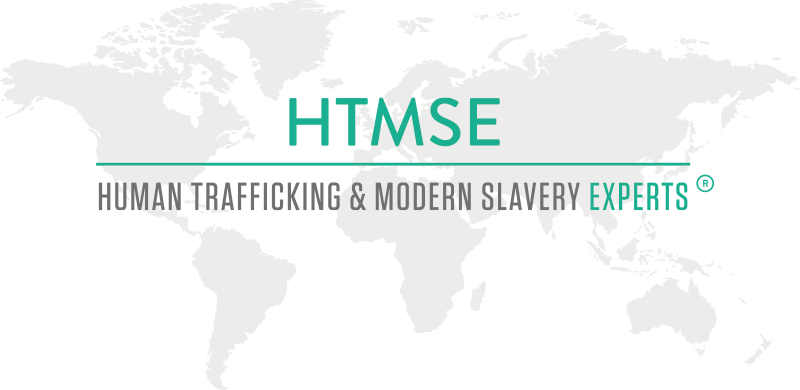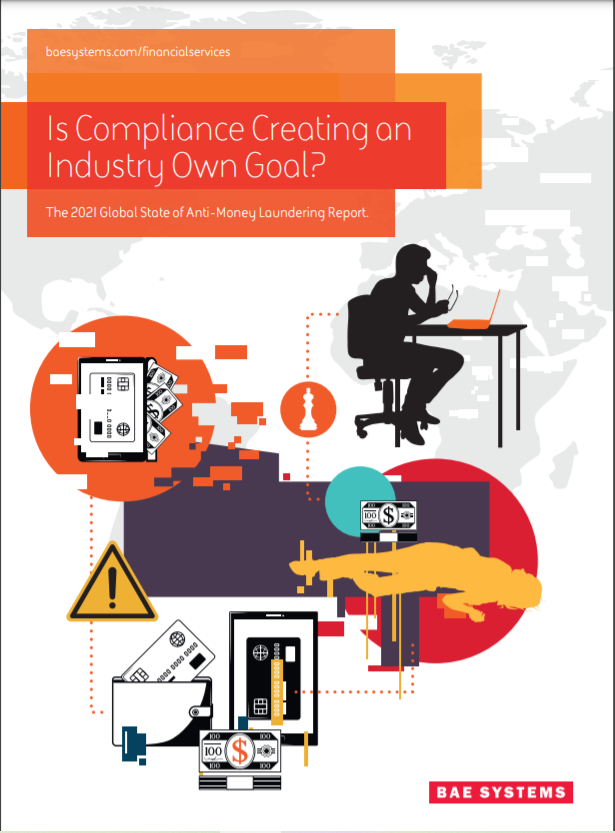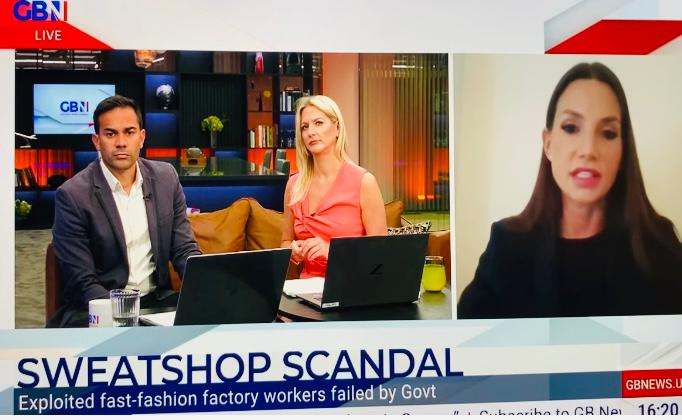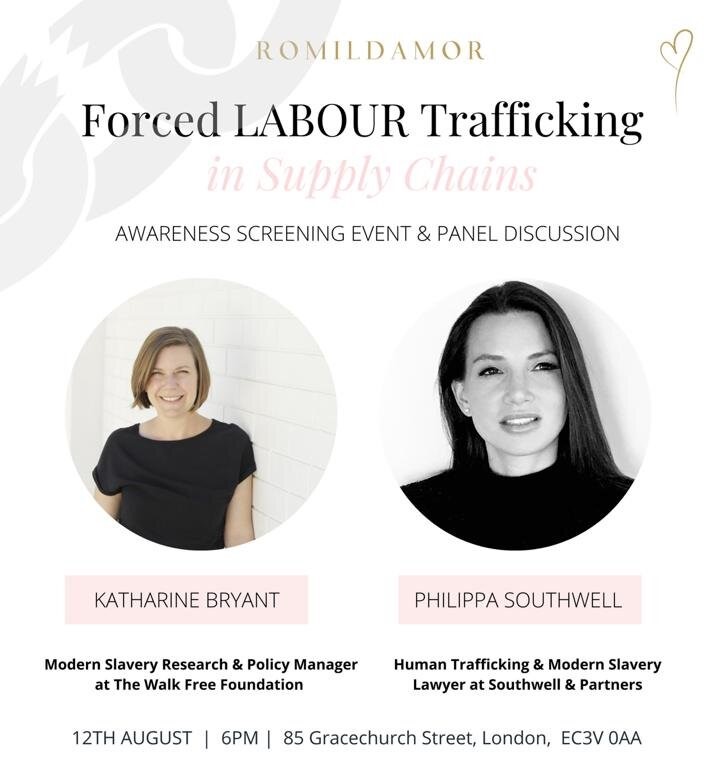As the 2021 UN Climate Change Conference (COP26) gets underway, the Independent Anti-Slavery Commissioner has taken the opportunity to address, what she refers to as a ‘complex relationship’ between climate change and modern slavery.
In the recent publications ‘COP 26: Climate change and modern slavery’, the Commissioner brings together the research and evidence showing that climate change ‘exacerbates vulnerability to modern slavery’, primarily through to climate-induced migration but also that there is a link between slavery and sustainable production. The Commissioner took the opportunity to emphasise that environmental and social issues ‘need not be in competition with each other’.
For the full article, please see the Independent Anti-Slavery Commissioner’s website here.
